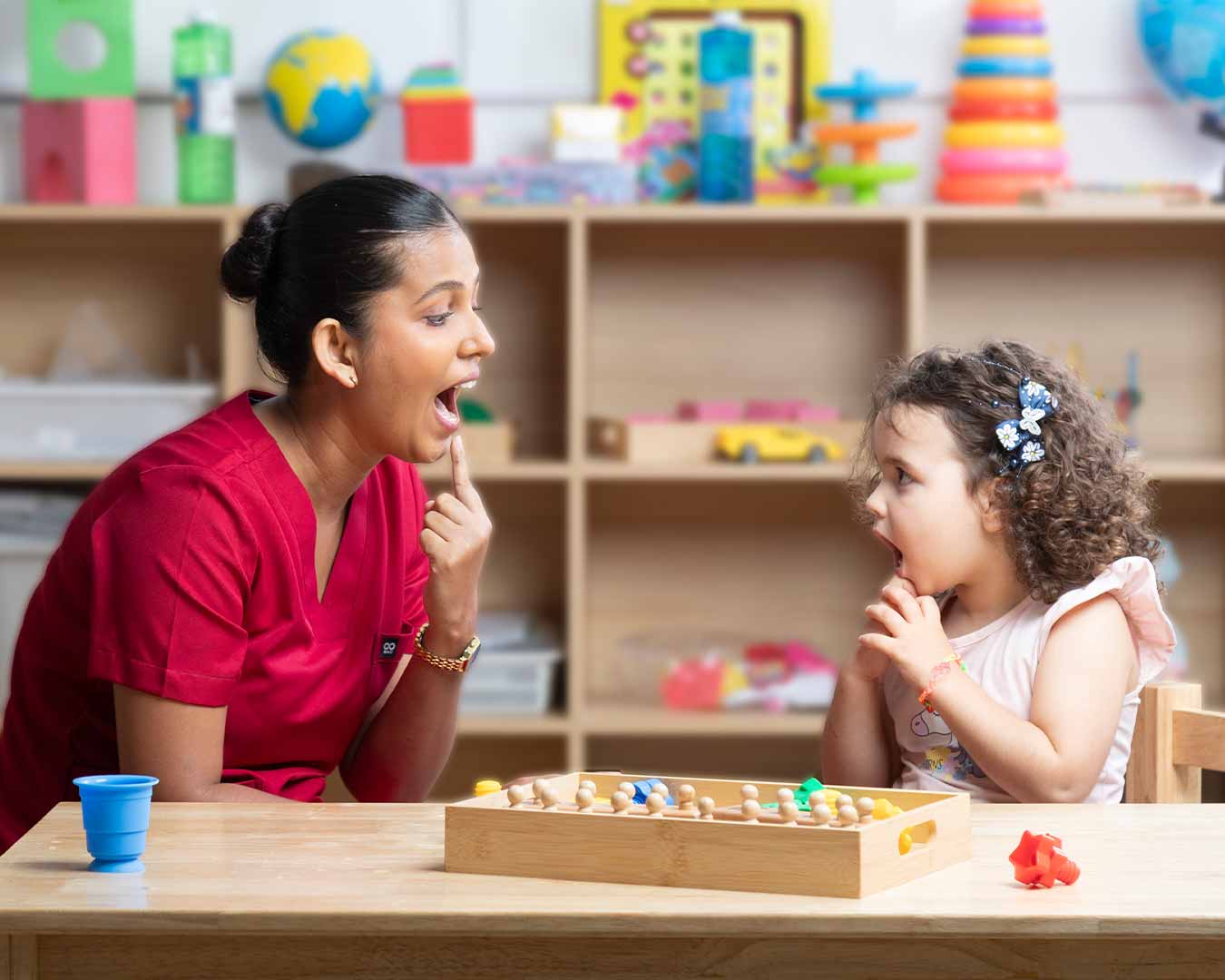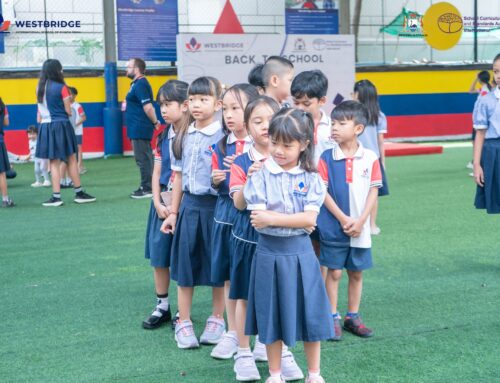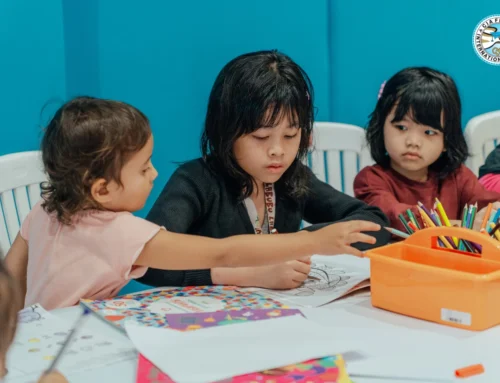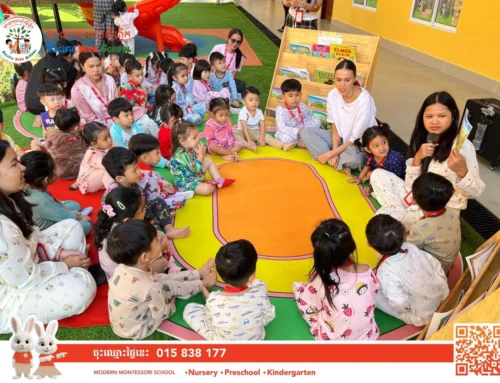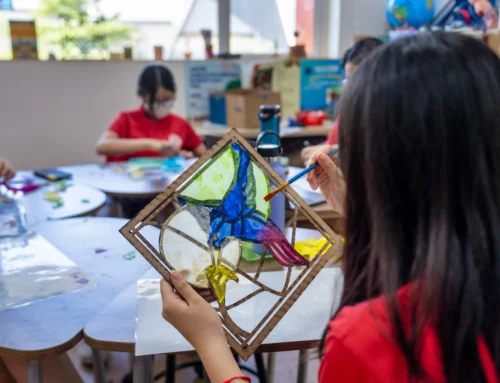In Cambodia’s increasingly multilingual classrooms, many children grow up speaking two or more languages. While bilingualism is a tremendous cognitive and cultural advantage, it can also bring unique communication challenges. Parents and teachers often wonder: Is my child’s language delay due to learning multiple languages or something deeper? Understanding the role of speech therapy in bilingual and multilingual children is key to supporting their speech and language growth.
At centers like OrbRom Center, specialists help bilingual and multilingual learners in Phnom Penh develop strong communication skills in both their home and school languages. Through tailored assessment and therapy approaches, children can thrive linguistically and academically in both settings.
Understanding Bilingual and Multilingual Development
The Natural Process of Learning Two or More Languages
Bilingualism is not a disorder—it’s a skill. Many children in Cambodia, especially those attending international or bilingual schools, grow up speaking Khmer at home and English at school. In other cases, families might speak a mix of Khmer, Chinese, and English, depending on cultural background or community influence.
It’s normal for bilingual children to mix words from different languages or to take slightly longer to master vocabulary. This “language mixing” does not indicate confusion—it’s part of natural development. Speech-language pathologists (SLPs) trained in bilingualism understand how to distinguish between normal language patterns and signs of a genuine language disorder.
When Speech Therapy Becomes Necessary
Identifying True Communication Delays
While many multilingual children develop speech skills naturally, some may struggle due to articulation, expressive, or receptive language difficulties. Here are some red flags parents or teachers may notice:
-
Difficulty understanding instructions in both languages
-
Limited vocabulary in all spoken languages
-
Struggling to form sentences or express needs
-
Persistent stuttering or unclear speech beyond age 5
-
Frustration or withdrawal during communication
When these challenges appear, professional evaluation is vital. A comprehensive speech and language assessment can help determine whether a delay is language-related or developmental.
The Role of Early Intervention
Early intervention is crucial. According to global research, children who receive speech therapy before the age of six show significantly stronger outcomes. In Phnom Penh, where bilingual education is common, early identification allows therapists to design therapy plans that strengthen both languages simultaneously rather than treating one as dominant.
How Speech Therapy Supports Bilingual Learners
1. Multilingual Assessment and Goal Setting
Effective therapy begins with an accurate understanding of how a child uses language at home, in school, and in play. SLPs conduct assessments in both or all languages the child speaks, often collaborating with parents and teachers. This holistic view ensures therapy goals are relevant to the child’s daily environment.
For example, a therapist may observe that a Cambodian child speaks English fluently at school but struggles to communicate with grandparents in Khmer. Therapy then includes vocabulary bridging and confidence-building across languages.
2. Developing Core Communication Skills
Speech therapy focuses on foundational communication areas including:
-
Articulation: Correct pronunciation in both languages.
-
Vocabulary Expansion: Building cross-language vocabulary connections.
-
Grammar and Syntax: Helping children understand differences between sentence structures.
-
Social Communication: Encouraging participation in conversations and storytelling in both languages.
Through play-based and interactive sessions, children gain the confidence to switch between languages fluidly—a skill vital for academic success in Cambodia’s bilingual schools.
3. Collaboration Between School and Home
Speech therapy’s impact grows when parents and teachers are actively involved. Educators at bilingual schools in Phnom Penh often work with SLPs to reinforce therapy goals in the classroom. At home, parents can continue activities recommended by therapists—reading bilingual books, labeling objects in both languages, or engaging in conversational games.
Addressing Common Myths About Bilingualism and Speech Delays
Myth 1: “Bilingualism causes speech delay.”
There is no scientific evidence that learning multiple languages delays speech. A child might use fewer words in each language at first, but their total vocabulary (combined across languages) often matches or exceeds that of monolingual peers.
Myth 2: “Children should focus on one language until speech improves.”
In reality, removing one language can harm identity and family communication. Speech therapy instead teaches children how to use both languages confidently, balancing communication needs in different environments.
Myth 3: “Therapy should only happen in the school language.”
Therapy that acknowledges all spoken languages is most effective. Bilingual therapists, or those trained in cross-linguistic support, can help children transfer skills from one language to another—boosting general communication and academic success.
Speech Therapy in Phnom Penh: A Multilingual Reality
In Cambodia, international and bilingual schools such as CIA First, Northbridge, or East-West International School serve diverse language populations. Many families seek specialized therapy at centers like OrbRom Center, which offers evidence-based programs designed for children navigating multiple languages.
Therapists often incorporate culturally relevant materials—songs, stories, or visuals from Khmer and English traditions—to make sessions meaningful. Sessions may also use modern tools like AAC devices or play-based exercises to encourage expressive language in both languages.
Practical Strategies Parents Can Use at Home
-
Use both languages daily. Speak your home language at mealtimes and encourage your child to respond in either language.
-
Label objects in multiple languages. This reinforces vocabulary and visual recognition.
-
Read bilingual books together. Discuss the story in both languages to boost comprehension.
-
Model good communication. Repeat your child’s sentences correctly rather than correcting harshly.
-
Stay consistent. Children thrive when both home and school reinforce language skills.
For additional parent-friendly activities, visit Speech Therapy Techniques and Exercises or Practical Tips for Supporting Children with Speech Delays.
The Cambodian Context: Why It Matters
In Phnom Penh, bilingualism is not just a trend—it’s a necessity. Children are exposed to Khmer, English, and sometimes Mandarin from a young age. While this environment enriches their learning, it can also mask or complicate signs of genuine communication difficulties.
By working closely with qualified therapists through programs like OrbRom’s Speech and Language Services, families can ensure their children’s multilingual development stays on track. These services empower children to communicate effectively—whether they’re telling stories in Khmer, answering questions in English, or greeting relatives in Chinese.
Conclusion
Bilingual and multilingual children in Cambodia possess incredible linguistic potential. With the right guidance, they can master multiple languages confidently and expressively. However, when speech or language challenges arise, speech therapy in bilingual and multilingual children becomes essential in ensuring balanced development across all languages.
Parents and teachers should seek early assessment and collaborate with skilled therapists to support these learners. Institutions like OrbRom Center continue to lead the way by providing culturally aware, evidence-based care that helps children communicate, connect, and thrive in Phnom Penh’s diverse learning environments.

